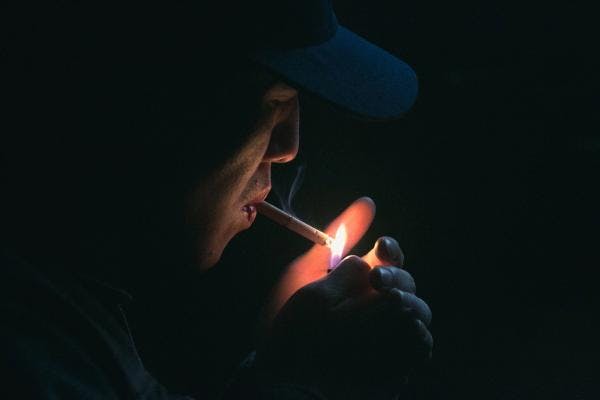kychan - Unsplash
The hypocrisy of Japan’s punitive drug policy
Across Alcoholics Anonymous, Narcotics Anonymous and Danshukai (Sobriety Association) meetings in Tokyo, the unifying factor is pain, anguish and suffering among the attendees. Drug seeking and use coincided with a pain that needed to be numbed or silenced. Too often, these feelings have been exacerbated by the punitive approach to drug use that Japan largely refuses to reevaluate and the enduring consequences of imprisonment, harassment and surveillance.
Greater attention to this frequently unaddressed aspect of Japanese life is needed as the nation aims to assert its stature as a global leader. Japanese Prime Minister Fumio Kishida will welcome world leaders to his hometown of Hiroshima as the host of the 49th G7 Summit from 19–21 May 2023. The Hiroshima summit shines a spotlight on areas where Japan has become a notable outlier from its G7 compatriots.
The absence of marriage equality or protection of the rights of Japan’s LGBTQ+ community is one issue that has recently garnered scrutiny. Another major gap between Japan and the rest of the G7 is Japan’s outdated and unyieldingly carceral approach to drug policy, addiction treatment and related health issues.
Canada, France, Germany, Italy, the United Kingdom and the United States have all initiated changes to their laws governing the use and possession of narcotics, moving broadly towards decriminalising previously illegal drugs such as cannabis. Meanwhile, Japan remains stubbornly steadfast in its reluctance to treat drug use as anything but a criminal issue.
